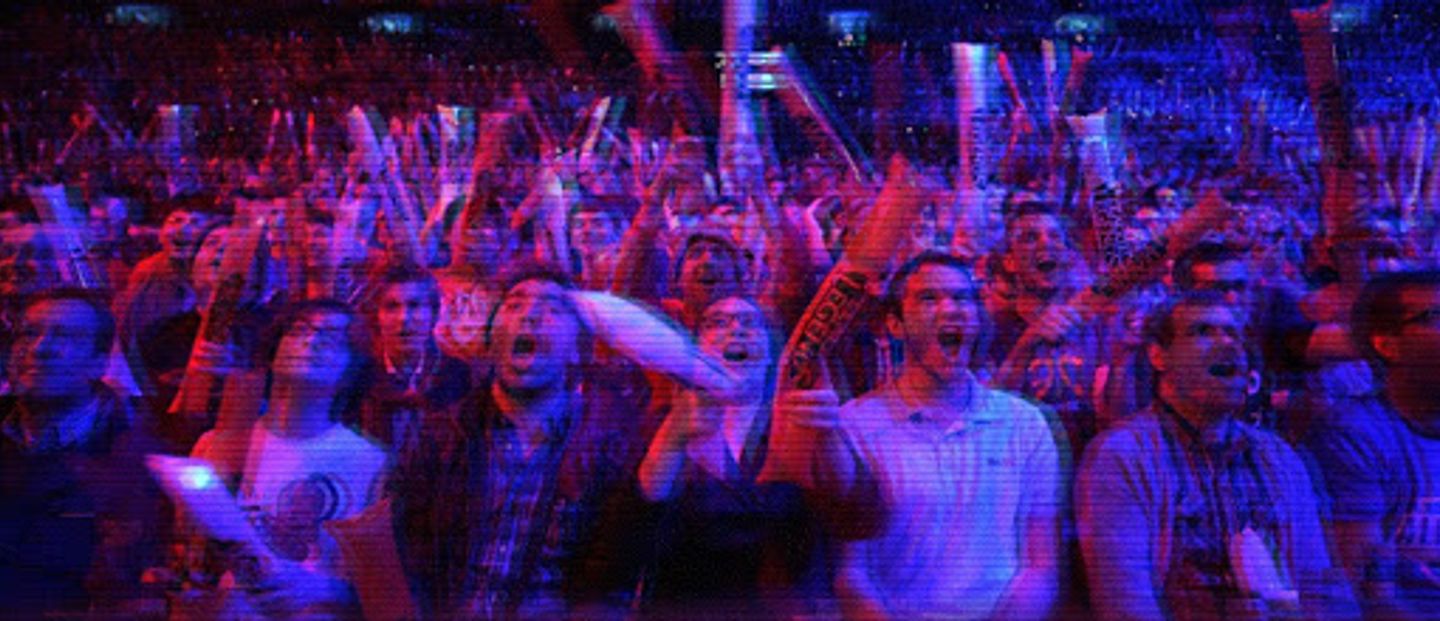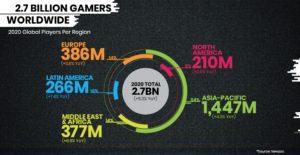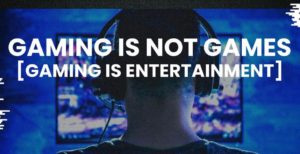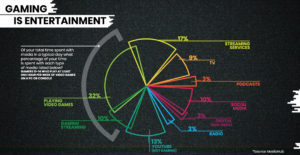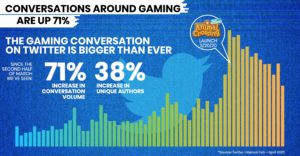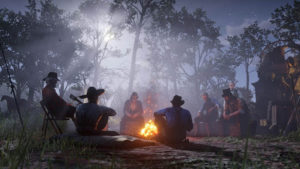By Wayne Leonard, Vice President, Account Director – Gaming & Esports
Our team has been working in gaming and esports for over two decades. From launches and trade shows to broader marketing and tournaments, we love engaging with this passionate, creative and special fan base across the globe. As the world has gone digital this summer, we’ve gathered some insights and examples from this world of fandom, which will hopefully inspire new ideas for your own digital and hybrid activations.
First let’s give you a brief lay of the land so you get a better picture of why we all should be paying attention to what gaming is doing.
The Gaming Universe
One thing you probably already know is that GAMING IS HUGE.
- There are 2.7 billion gamers worldwide (that’s one third of the world’s population)
- 210 million gamers are in North America
- The industry was valued at over $159 billion last year
- If gaming was a country, it would rank 56th globally in GDP
- The industry is largely seen as recession-proof, and has been stable and growing through COVID-19
Leading gaming platform Steam had almost 25 million concurrent users in a recent month, essentially a Super Bowl audience every four days. Animal Crossing: New Horizons, a game that launched this spring, has sold over 22 million units since its release – 13 million in the first 6 weeks alone. At a list price of around $60 per game, it’s well exceeded $1 billion in sales to date. And then there’s Fortnite. The game hosted a peak of 350 million users and racked up 3.2 billion hours of gameplay in April alone.
Let’s now take a look at why it’s so relevant to marketers.
Gaming is not games. It’s entertainment.
What do we mean by that? Only about half of what gamers describe as gaming, is actually playing. Watching is also a huge chunk of time spent “gaming.” In fact, in Q2 of 2020, people spent 7.4 billion hours on the major platforms watching gaming.
42% of Gen Z & Millennial gamers say that watching gameplay and gaming content is no different from watching TV. And as a result they’re watching a lot of it. It’s not just kids watching screens. Esports is a big part of gaming spectatorship – and it’s well organized.
A great example was when traditional sports came to a standstill in March, esports was there to fill the void for watching competitive entertainment. Leagues like NHL, NBA, Formula 1 and NASCAR turned to digital. In many of the situations, professionals were playing as themselves in a game, against their real life rivals, also playing as themselves.
An unlikely example was NASCAR, which held a digital race that was shown on Fox Sports (FS1) television – not online. Even without the roar of the crowds and the smell of fuel it drew almost 1 million viewers.
There’s an interesting reason why gaming is able to be such a dynamic, powerful and popular form of entertainment. It’s got something built into it that TV, film, even the social networks don’t have.
It’s that gaming is a form of entertainment that is all about connection. Gamers come to gaming for the achievement and the escape, but they stay for the shared experience.
With multi-player online games you have a headset & microphone and are communicating and strategizing with teammates who you may or may not have ever met in person. It’s about shared experiences, camaraderie and belonging. Conversations and connection are huge.
In fact there’s been a 71% increase in conversations on Twitter during the COVID-19 period. People are talking about games, they are talking about gaming, and they are talking within games as well. During COVID-19, fans have found ingenious ways to stay connected remotely.
- Multiple weddings & graduations inside of Animal Crossing: New Horizons
- Final Fantasy XIV fans held a funeral for a player
- Company team meetings inside of games like a campfire chat in Red Dead Redemption 2
But there’s also scale to these connections. It’s not all organic. Brands are using gaming for passion, lifestyle and connection too. The most buzz worthy in recent months was musician Travis Scott’s concert in Fortnite. Travis debuted a new song during the in-game concert, with over 27 million unique viewers. The track debuted at number 1 when it was released shortly after the stunt.
In summary, gaming is about connection, it’s a form of entertainment, and gaming brands harness the passion of their fans so well that there is much that other industries can learn from when it comes to engaging fans and customers.
We continue this conversation in PART 2 with 5 Key Learnings.
To read more now, download our white paper, Esports and Gaming; the New Frontier HERE.
